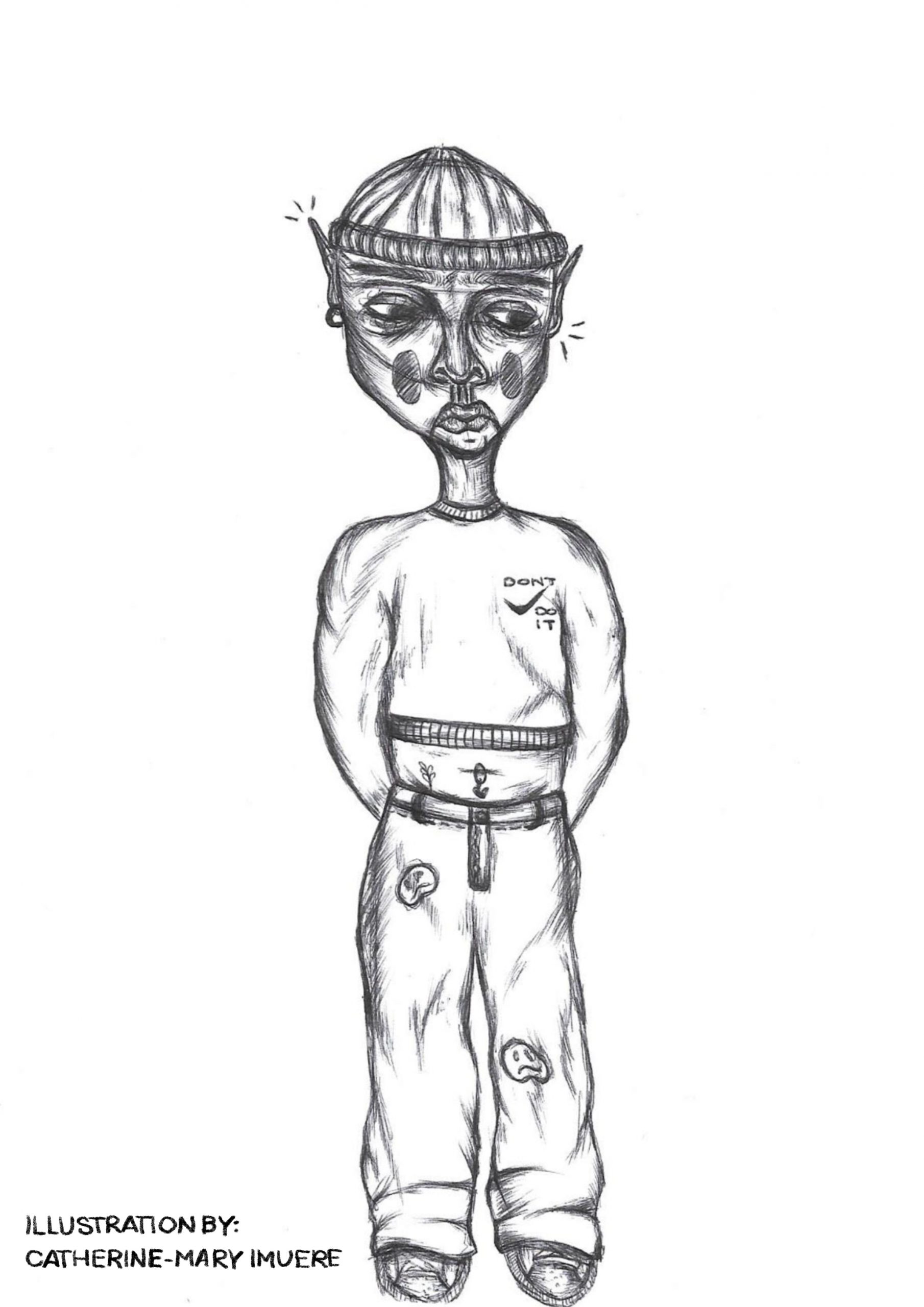Listening is pivotal in any relationship because it is how we get to know a person, listening helps us gain insight and sometimes in-depth, first-hand knowledge into how a person is feeling or thinking on particular issues as it may pertain to their lives. Listening is a part of how we communicate with one another, we listen to know, we listen to see, and we listen to hear.
I am guessing some of you reading this blog might be saying what an odd title ‘LISTEN AND WATCH WHAT THEY DO AND SAY’ is but, I found watching while listening allowed me to UNDERSTAND AND GAIN INSIGHT INTO MY TEENAGERS TRUE PERSONALITIES. This understanding and insight came by listening to non-verbal cues such as, body language, eye
contact, and grunts which my teenagers gave out involuntarily. With these observations, the communication between ourselves grew and got better as we developed
As our children develop into their teenage years listening becomes ever so vital in the parent-child relationship because as they grow, they seem to have less to say and talk about with us, their parents/carers. During this phase of life for our teenagers, as parents/carers keeping the channel of communication open is important; why? Because our children need
us at this time more than ever to stand by them; they need to know that we care and support them no matter what the situation. What then did we do to support and encourage talking, and communication when our children were growing up? I would like to share some of the things that worked for us with our children.

For starters, we went with the flow; we did our best to adjust to each of our growing teenagers’ style of communicating. Our first child in his teenage years did not mind talking, he would openly share parts of what happened at school with us, independently he would talk about his friends, and many times he would share his likes and dislikes. He was a teen that communicated with ease and for that reason, it was easy to talk to him. His personality made our job of parenting flow comfortably because between us (parent and teenager) we understood ourselves. Then came our second child, when he became a teenager, we had a totally new experience which caused me (in particular) to question my parenting skills.
In his teenage years his personality developed to be more reserved, he did not share things about himself easily. When we would ask him questions about his day at school or about his friends, his answers were usually vague and sometimes standoffish. He was also a child that spent time isolated from us, he seemed to not like being with us, or that is how it came
across to me. This would sometimes cause me to have outbursts with him, but we found ways to resolves this issue, by getting to understand each other’s PERSONALITIES.
With each of our children when they were going through their teenage years, we had to learn, study their personalities, learn how they communicated, and really get to understand and know how they talked, which we did by listening and watching.
So, by the time we got to our last child, when she was in her teenage years, we had a better understanding of how to communicate, we listened and watched, and used non-verbal cues to help communicate with each other.
A few of the ways we kept the communication going were, having dinner mostly at the same time every day. I found we were relaxed, and this helped us as parents to listen to and our children to communicate freely. Having a games night brought out the kid in us as parents and I found that when we shared childhood stories about ourselves this helped them to share some of their own experiences as teenagers. When I look back, I would say many of the best conversations we have had with our children have been when we gather to pray as a family. When they were teenagers most evenings before bed we would come together for devotion, I found those moments to be filled with many of the very best conversations from each one of them.
Keeping the line of communication open and strong between you and your teenager as they are developing into their own person can be challenging but I believe it can be done by listening and watching. As a parent/carer I found when you listen, really listen you communicate to your child that you care and love them, that you are interested in the things they are interested in, that no matter what it is they say to you, you are there for them and will not judge them.
To listen and watch what they do and say was challenging for me as a parent because there were many other factors that affected my ability to listen and watch, things like work outside the home, housework, having many children, tiredness, and more that I will not mention but, I had to learn how to focus and develop these skills, and there was a great
reward when I did. I learned so much about my children through this tip, and even today we are still reaping the benefit of listening and watching.
I end with a prayer:
Father, I ask for Your help to be able to identify and know when I need to pause things around me and listen during times of communication with my child or children. Amen



